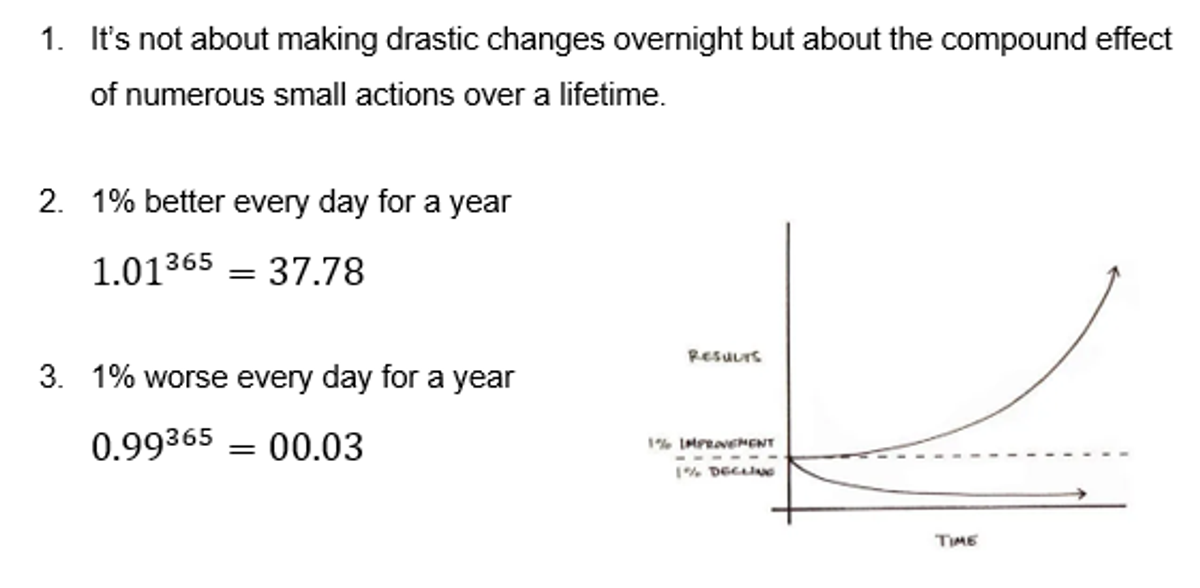Principal

Staffing
This week, we welcomed two Language Assistants to the staff of the College, Ms Anna Astorino and Ms Angela Muzha.
They are part of the Comitato Assistenza Italiani (Co.As.It) Language Assistants Program that places young university graduates from Italy to work as language assistants in Australian schools. Co.As.It. is an organisation established in 1968 at the premises of the Scalabrinian Fathers in Surry Hills. It was formed with two distinct aims: to assist post-WWII migrants through a coordinated settlement welfare program and to preserve and promote an awareness of the Italian language and culture in NSW.
Language assistants in this program support qualified language teachers to provide authentic language and cultural experiences for students. They support language teachers in the development and delivery of engaging language programs. They also participate in resource development, student language immersion and teacher professional learning.
This program is funded by Co.As.It. and the Italian Government. The Program objectives are to:
- enrich Australian school Italian programs through the provision of native-speaking language assistants
- provide Australian teachers and students with opportunities to increase their knowledge and understanding of Italy, its language and culture
- promote language learning and intercultural understanding in Australian communities and
- foster relationships between Australia and Italy through ongoing linguistic and cultural exchange.
I am incredibly grateful to our Head of Languages, Ms Stephane D’Arcangeli for submitting such a quality application that has resulted in this generous resourcing.
How To Become Better Than 99% Of Students In Six Months - Try Project 50 +Atomic Habits
At last Friday’s assemblies, I challenged our students to participate in Project 50. They have been emailed the challenge so that they can put it into practice.
- Small Habits Make a Big Difference: Why 1%
- I urged the boys to Focus on Systems, not Goals.
Goals help us define what we want to achieve, but systems determine how we get there.
For example, you wish to improve your grades to A grades (goal) you may decide to spend more time reviewing material and watching videos on the topics every afternoon and evening, and then testing yourself through topical questions and past papers until the day of your final exam (system).
“The purpose of setting goals is to win the game. The purpose of building systems is to keep playing the game” — James Clear.
- They need to work on mindset, an Identity Change.
Changing one’s self-identity to integrate new habits into their daily routine better (and break bad ones). You can easily change what you do by changing how you see yourself.
4 Laws of Behaviour Change
- Make it Obvious (Cue): If you want to start a habit of reading more books or learning a new skill, why not start by leaving some of the books you bought next to your desk? This way, your mind sees the books and remembers, “Oh. I wanted to do this today.”
- Make it Attractive (Craving): You need to find a way to make whatever habit you want to stick attractive to you. For example, if you find listening to audio books and going to the gym hard due to time constraints, you can listen to them while you work out. Now, you’ve paired going to the gym with a pleasurable activity you’ve always wanted to do, which makes going to the gym attractive.
- Make it Easy (Response): The habits need to be effortless to perform. They should require close to zero activation energy and have no friction. You can do this by changing up your environment as a start. For example, if you have a problem with going to the gym because your stuff is everywhere or can’t be found whenever you need them for some odd reason, why not pack your gym bag and leave it by your bed so it’s a lot easier to go after school?
- Make it – Immediately – Satisfying (Reward): Once a habit is rewarding, the brain struggles to forget about it. Our brains have evolved to recognise immediate rewards over delayed rewards. An example of this is scrolling through TikTok and Instagram. Our brains see colourful objects that excite them, releasing dopamine, hence we build and keep the bad habit.
We can use this understanding to help our better habits stick. Try to attach some immediate reward to the habit you are building as to trick your brain into associating “feeling good” with the habit you are trying to build.
An example of this can be allowing yourself around 20 minutes of free time to listen to music or watch an episode of a show you like after studying for 90–120 minutes at a time. This keeps the habit of studying alive and well, because your brain has associated it with an immediate reward at the end of it.
Of course, this part wouldn’t be complete without talking about how to break bad habits. To break bad habits, all one needs to do is inverse the laws mentioned above.
Project 50 Challenge
Follow seven rules for the next 50 days. The only catch is, if you miss one rule, you must restart your streak. It doesn’t matter if you were on day 49. If you miss one rule, you must start from day one again.
The Rules:
- Wake up before 8:00 AM.
- Read 10 pages of a non-fiction book.
- Exercise for at least one hour.
- No junk food.
- Dedicate one hour to learning a new skill.
- Do your morning routine.
- Journal your progress.
Benefits
Being a good student isn’t only about books. It’s about how to become the best version of yourself you can be. And that includes physically and mentally, too.
The boys were encouraged to start immediately.
- Begin on Saturday 4 May
- Finish Sunday 23 June (Week 9)
In Week 10, I am really looking forward to hearing from students who managed to stick to the 50-day challenge and their observations about all their efforts.
Mother’s Day: Sunday, 12 May 2024
This weekend we celebrate our mothers and as a College, we have held a special mass at Rosehill Gardens to honour our mothers and mother figures.
I am now a proud Nonna to two blessed angels with the arrival of Millie, joining Leo in our family. These days, with my own adult children having left home, I often find myself alone in my house. As a working mum, there have been precious few moments where I have found myself alone in the past 35 years. And yet, with grown children who are married, working, and in their own homes, this kind of thing happens more and more.
When I was a young mum of two, I grappled with my dual identities: a leader at school but a mum at home. Being “mum” was something much bigger but also much smaller than anything I had ever been.
Motherhood was all-encompassing and yet also a hidden thing. There were no more accolades like great HSC results for my classes or acknowledgment at work. There were only clingy human beings, complete exhaustion, and an occasional pat on the head from the world at large: “What do you do? Are you a mum?”
Being a mother took everything I had and then some. It was what I did all day, every day, but it was not all that I was.
Through the years, I have come to see the word “mother” in a different way. Where I once saw “mother” as limiting, I have come to understand it as expansive. “Mother” is something we women do. And God made us for it.
Women who have children and raise them are mothers. But women who love their husbands, nieces, nephews, neighbours, co-workers, students, family, and friends are mothers, too. A Principal like me in fact has about 1,550 extra young people to worry about. “Mother” is, in fact, who we are. Thanks be to God for mothering.
St. Edith Stein once wrote, “The woman’s soul is fashioned as a shelter in which other souls may unfold.” As a female Principal, I witness this privilege every day.
Our feminine capacity to connect with others, to see them as they are, to provide a nurturing space where they can feel uniquely known and loved, to be sensitive to their needs and respond to them in personal ways is our greatest gift.
Women are not meant to be “just mothers.” We are multi-dimensional and meant to be teachers, scientists, artists, politicians, and chief executive officers! Of course, we can be all these things, but it is a sexist world that tells women that mothering is somehow beneath us or that to be successful, we must hide our hearts.
To mother means to nurture relationships, the very things that give meaning to our lives and our work. If you have been loved by any kind of mother in this world—if a woman has seen you, nurtured you, known you and loved you, you know its worth. It is no small thing to be seen and known and loved; it is everything.
So, what now? Is it time to step into a clichéd persona as an empty nester, wiping away tears with my apron strings? Or, with my grown children, my husband, my friends and co-workers, is it time to step more deeply into the expansive work of motherhood, the limits of which I have not yet seen?
Whatever work I might do and whatever goals I might accomplish in the days to come, I know this much: I am going to keep on seeing the people God places in my life. I am going to keep on knowing them and loving them to the best of my ability. I am going to keep on being just a mum.
Mother's Day Prayer |
|---|
"I thank you, Creator of us all, for my mother. I thank you for giving me life and nurturing me all those years. She gave me my faith, helping me to know you and to know Jesus and his ways. She taught me how to love and how to sacrifice for others. She taught me that it was okay to cry and that I should always tell the truth. Bless her with the graces she needs and which you want to give her today. Help her to feel precious in your eyes today and to know that I love her. Give her strength and courage, compassion and peace. Bless her this day with your love." Amen. |
This prayer was taken from prayers for and by mothers on Creighton University's Online Ministries. This website and the U.S. Conference of Catholic Bishops offer prayers for mothers struggling through a variety of challenges as well as blessings.
Community Prayers
Please keep Old Boy Luke Arraj (’23) in your prayers as he recovers from a serious accident last Thursday afternoon and recuperates slowly in the hospital. His mother (our Director of Business Services, Ms Arraj) told me that she was overwhelmed with the support of his 2023 classmates who turned up at the hospital to see Luke, wish him well and encourage him to remain positive. Of course, they also pray for him. It is this camaraderie that is the hallmark of a St Patrick’s College, Strathfield – friends for life in a community of faith.
In Memoriam
We keep in our prayers Luca Sattout (Year 11) and his family, on the recent loss of his grandmother, Pauline D’anastasi.
Eternal rest grant unto her, O Lord, and let perpetual light shine upon her. May her soul and the souls of all the faithful departed, through the mercy of God, rest in eternal peace. Amen. |
|---|
Dr Vittoria Lavorato
Principal
SPC boys can do anything!
**except divide by zero


